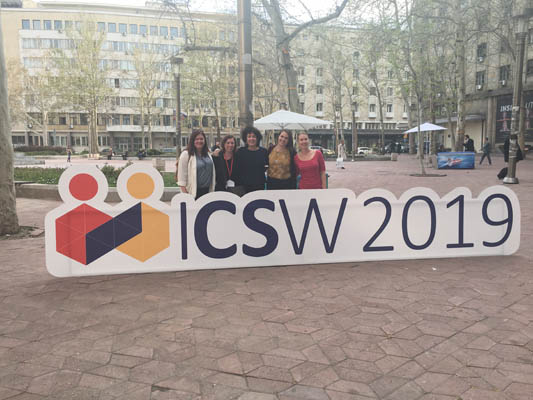
Civic space is the cornerstone of a healthy society that champions democratic principles and ideals, promoting and advancing human rights and fulfilling basic human needs. In recent years however, civic space has been shrinking at a rapid pace, with its restriction becoming the norm rather than the exception. It is becoming increasingly important to increase understanding of drivers of closing civic and political spaces and be able to strategically respond as civil society actors and organizations experience the impacts of changes to their operating environments.
INSPIRES is a five-year project funded by the United States Agency for International Development that seeks to discover what preventative and responsive strategies are associated with stronger civil society and other responses to closing civic space. Additionally, INSPIRES works with organizations to discover and uncover preventative and responsive strategies that could potentially or contribute to the improvement of an enabling environment for maintaining or opening civic spaces.
PartnersGlobal’s role in INSPIRES is to leverage the ResiliencyPlus Framework to pilot interventions that strengthen civil society organizations’ ability to prevent and respond to closing civic space. Working together with a team of experienced coaches and facilitators from the Partners Network, PartnersGlobal is piloting the Framework in Eastern Europe, Sub-Saharan Africa, and Latin America. INSPIRES is the culmination of an extensive co-creation process, and together with Internews, The International Center for Not-for-Profit Law, DevLab@Duke, and Results for Development, the project is increasing knowledge and capacity to respond to growing restrictions on democratic freedoms of association, assembly, and expression around the world.
So far under INSPIRES, PartnersGlobal and its cohort of Resiliency Coaches have led more than 80 civil society organizations from 12 countries in Africa, Latin America, Eastern and Central Europe, and Asia through a ResiliencyPlus process. Listen to the second episode of our podcast Resilient Conversations to hear more about the process from a few of the implementers and coaches.
